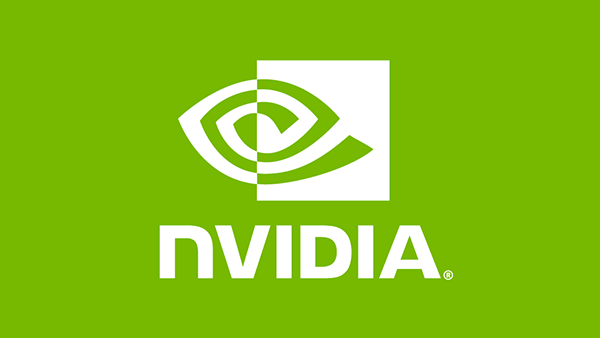Orchestrate Bioinformatics Workflows with AI Agents













AMPSA
Agentic Multi-species Paratope-preserving Species Adapter
Transform antibodies from any source species to any target species. Our multi-agent AI system preserves binding while reducing immunogenicity.
Species-Agnostic Adaptation
Works for ANY species — mouse, dog, rabbit, chicken, llama, shark. Not limited to mouse-centric humanization like traditional tools.
CDR Preservation
Intelligent CDR identification ensures antigen-binding regions remain untouched while framework regions are optimized.
Multi-Agent Workflow
Four specialized AI agents: Analyzer → Designer (200+ candidates) → Validator → Optimizer. Ensemble scoring with immunogenicity prediction.
Discovery Pipelines
End-to-end AI-powered workflows for every stage of molecular discovery
Protein Engineering & Design
De novo protein design, structure prediction, and optimization using AI-driven workflows. From sequence to function.
Drug Discovery & Lead Optimization
Virtual screening, molecular docking, and ADMET prediction for small molecule development.
Growth Factors & Cell Culture
Design and optimize growth factors and media components for cell culture applications.
Target Identification & Validation
AI-assisted target discovery, pathway analysis, and druggability assessment.
Platform Capabilities
Powered by intelligent agents that understand your research goals
Agentic AI Orchestration
Intelligent AI agents that autonomously plan and execute complex bioinformatics workflows.
Multi-Database Integration
Seamless access to ChEMBL, PDB, UniProt, and other major biological databases.
Automated Pipelines
End-to-end automation from data retrieval to analysis and visualization.
Collaborative Research
Real-time collaboration tools for research teams across institutions.
Meet the Team


Advisors

Partners & Certifications


